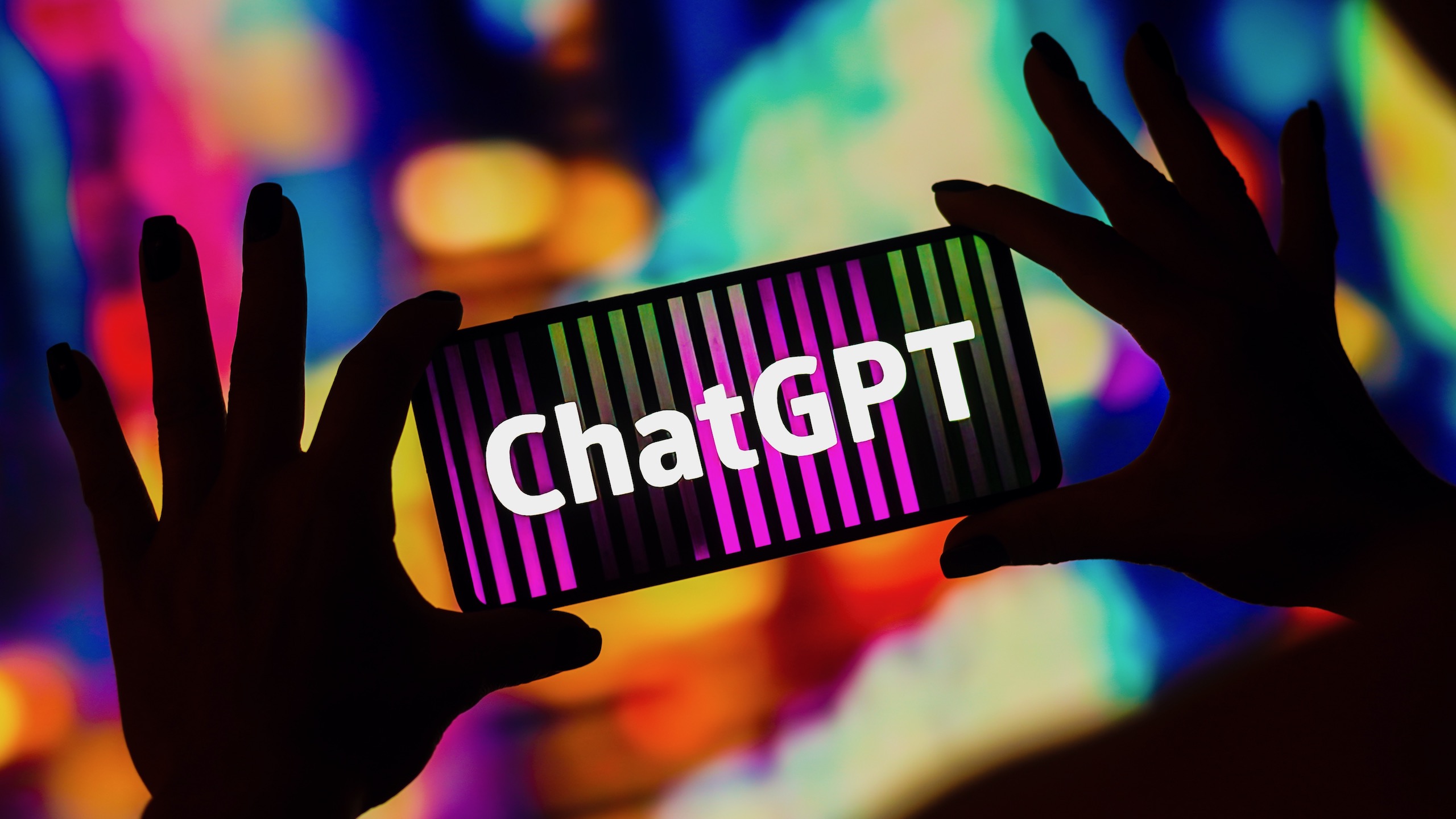George R. R. Martin and John Grisham have jointly sued OpenAI, alleging that their copyrights were violated during the training of ChatGPT.
The ubiquitous AI-powered chatbot ChatGPT was trained on the majority of the publicly available data on the internet. Hence, the brainchild of OpenAI is now causing a series of copyright infringement lawsuits.
Pulitzer Prize winner Michael Chabon and four other writers filed another copyright violation lawsuit against the U.S. firm last week.
Also read: ChatGPT’s Dependence on the ‘English Language’ Has Forced Japan to Create Its Own AI Chatbot
Yet again, the Microsoft-backed U.S. startup has been sued by other heavyweight authors.
George RR Martin et 16 autres écrivains attaquent ChatGPT en justice.
L’IA a généré illégalement un prequel détaillé de Game of Thrones en utilisant des personnages créés par l’auteur. pic.twitter.com/tZHsLDFuTC
— Infos Séries (@SeriesUpdateFR) September 21, 2023
Martin gained massive popularity from his fantasy series A Song of Ice and Fire, which was adopted into the HBO show Game of Thrones.
David Baldacci, Sylvia Day, Jonathan Franzen, and Elin Hilderbrand are among the 17 authors who filed the lawsuit.
The authors’ books were used to train ChatGPT without their permission, the lawsuit claims.
Systematic large-scale theft
OpenAI has said that ChatGPT is trained through three basic processes: publicly available information on the internet, information licensed from third parties, and information provided by human trainers.
“For this set of information, we only use publicly available information that is freely and openly available on the Internet; for example, we do not seek information behind paywalls or from the “dark web,” reads the blog post titled “How ChatGPT and Our Language Models Are Developed”.
The firm has also said it respects the rights of authors and believes; “they should benefit from AI technology”.
In the lawsuit filed on Sept. 19 in federal court in New York, the authors claimed there were “flagrant and harmful infringements of plaintiffs’ registered copyrights” and defined the ChatGPT program as a “vast commercial operation” heavily dependent on “systematic large-scale theft.”


Incredible literary culture will be destroyed
The authors have even argued that such theft will destroy the literary culture if not stopped.
“It is imperative that we stop this theft in its tracks or we will destroy our incredible literary culture, which feeds many other creative industries in the U.S.,” said Authors Guild CEO Mary Rasenberger in a statement.
The specific instances of ChatGPT searches for each author have been mentioned in the lawsuit. For instance, in Martin’s case, it alleges that the program produced an “infringing, unauthorized, and detailed outline for a prequel” to “A Game of Thrones” titled “A Dawn of Direwolves,” featuring “the identical characters from Martin’s existing books in the series ‘A Song of Ice and Fire.’”
“Great books are generally written by those who spend their careers and, indeed, their lives learning and perfecting their crafts.”
To preserve our literature, authors must have the ability to control if and how their works are used by generative AI,” said Rasenberger.
However, in a statement, a spokesperson for OpenAI conveyed the company’s commitment to respecting the “rights of writers and authors” and believed they should benefit from the AI technology.
“We’re having productive conversations with many creators around the world, including the Authors Guild, and have been working cooperatively to understand and discuss their concerns about AI. We’re optimistic that we will continue to find mutually beneficial ways to work together to help people utilize new technology in a rich content ecosystem,” reads the statement.
There are numerous cases of copyright violations being filed against generative AI developers, even tech giants like Meta.
Recently, Meta, along with OpenAI, has faced accusations from authors like Sarah Silverman, Richard Kadrey, and Christopher Golden, who allege unauthorized usage of their literary works in the creation of large language models, marking a growing trend of intellectual property concerns within the AI industry.
- SEO Powered Content & PR Distribution. Get Amplified Today.
- PlatoData.Network Vertical Generative Ai. Empower Yourself. Access Here.
- PlatoAiStream. Web3 Intelligence. Knowledge Amplified. Access Here.
- PlatoESG. Carbon, CleanTech, Energy, Environment, Solar, Waste Management. Access Here.
- PlatoHealth. Biotech and Clinical Trials Intelligence. Access Here.
- Source: https://metanews.com/george-r-r-martin-and-17-authors-sue-openai-over-chatgpt-copyright-violation/
- :has
- :is
- :not
- $UP
- 16
- 17
- 19
- 24
- 70
- 8
- 9
- a
- ability
- About
- Accusations
- adopted
- again
- against
- AI
- AI-powered
- along
- also
- among
- an
- and
- Another
- ARE
- argued
- around
- AS
- author
- authors
- available
- basic
- bbc
- BE
- been
- behind
- being
- believed
- believes
- beneficial
- benefit
- Blog
- Books
- by
- careers
- case
- cases
- causing
- ceo
- characters
- chatbot
- ChatGPT
- Christopher
- claimed
- claims
- commercial
- commitment
- Company’s
- Concerns
- content
- continue
- control
- conversations
- copyright
- copyright infringement
- Copyrights
- Court
- create
- creation
- Creative
- creators
- Culture
- data
- day
- defined
- dependence
- dependent
- destroy
- detailed
- developers
- discuss
- do
- during
- E&T
- each
- ecosystem
- Even
- example
- existing
- faced
- FANTASY
- Featuring
- Federal
- federal court
- filed
- Find
- Fire
- Firm
- For
- four
- from
- gained
- game
- GAME OF THRONES
- generally
- generative
- Generative AI
- giants
- Golden
- Growing
- guild
- harmful
- Have
- having
- heavily
- Heavyweight
- help
- hence
- High
- his
- How
- HTTPS
- human
- ia
- ICE
- identical
- if
- imperative
- in
- Including
- incredible
- indeed
- industries
- industry
- information
- infringement
- instance
- intellectual
- intellectual property
- Internet
- into
- IT
- ITS
- Japan
- John
- jonathan
- Justice
- language
- large
- large-scale
- Last
- lawsuit
- Lawsuits
- learning
- Licensed
- like
- literature
- Lives
- Majority
- many
- marking
- Martin
- massive
- max-width
- mentioned
- Meta
- Michael
- models
- must
- mutually
- New
- New York
- now
- numerous
- of
- on
- only
- OpenAI
- openly
- Optimistic
- or
- Other
- our
- out
- outline
- over
- own
- parties
- People
- perfecting
- permission
- plato
- Plato Data Intelligence
- PlatoData
- plugins
- popularity
- Post
- prize
- processes
- Produced
- productive
- Program
- property
- provided
- publicly
- R
- Race
- Read
- registered
- respecting
- respects
- Rich
- Richard
- rights
- rolls
- s
- Said
- searches
- Seek
- sept
- Series
- Series A
- set
- should
- show
- song
- specific
- spend
- spokesperson
- startup
- Statement
- Stop
- stopped
- such
- sue
- sued
- tech
- tech giants
- Technology
- that
- The
- the world
- theft
- their
- There.
- they
- Third
- third parties
- this
- those
- three
- Through
- titled
- to
- together
- Train
- trained
- Training
- Trend
- true
- u.s.
- ubiquitous
- UN
- unauthorized
- understand
- Usage
- use
- used
- utilize
- violated
- VIOLATION
- Violations
- was
- ways
- we
- web
- week
- were
- which
- WHO
- will
- winner
- with
- within
- without
- Work
- work together
- working
- works
- world
- writers
- written
- york
- zephyrnet













